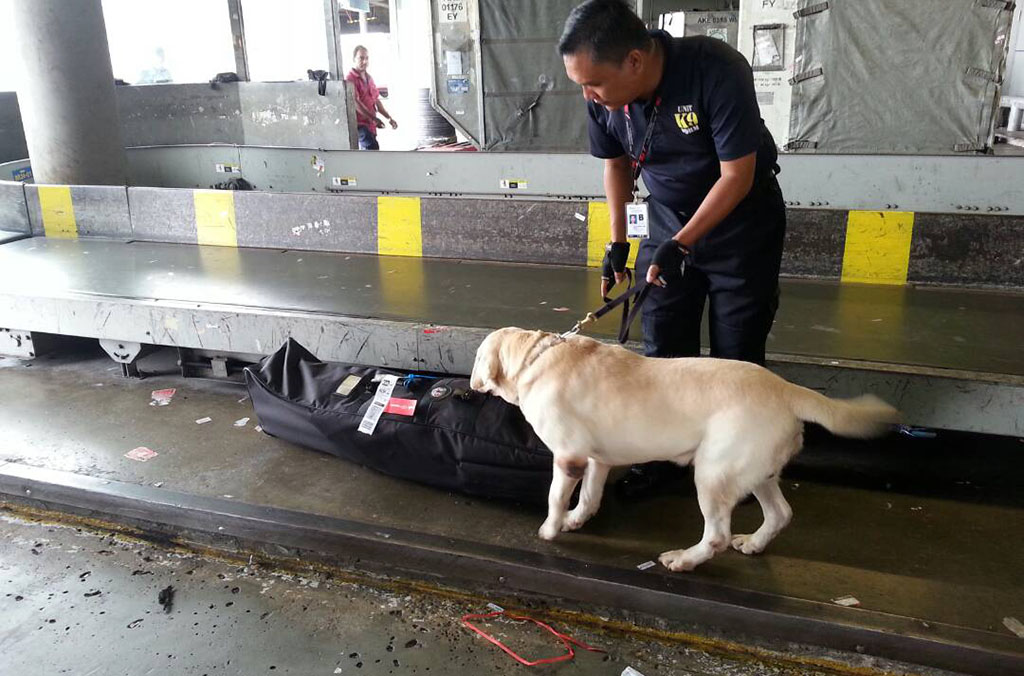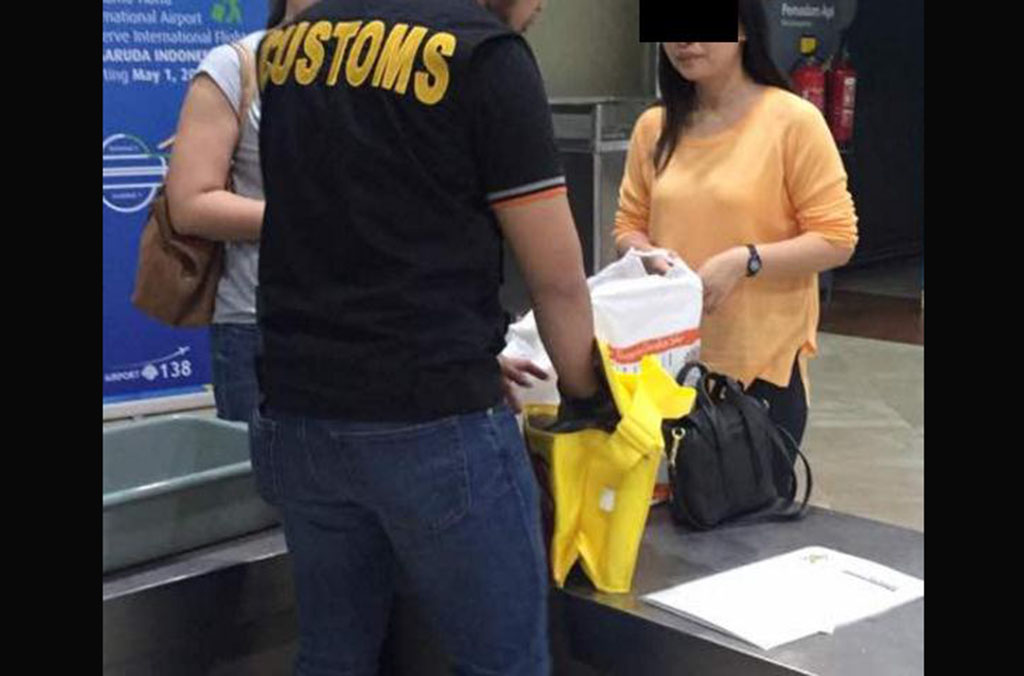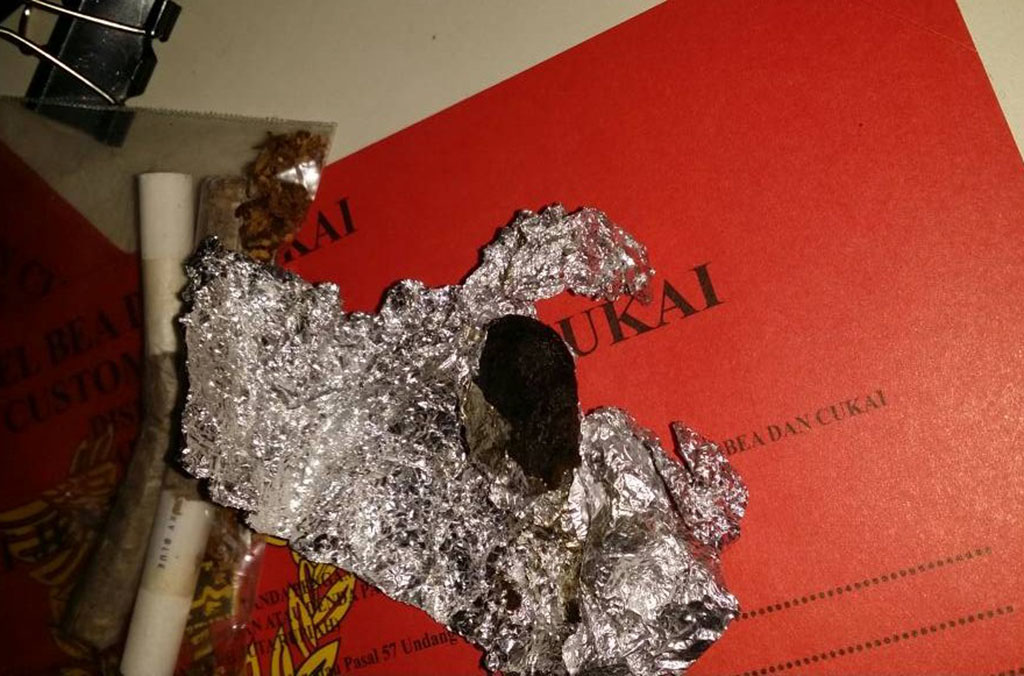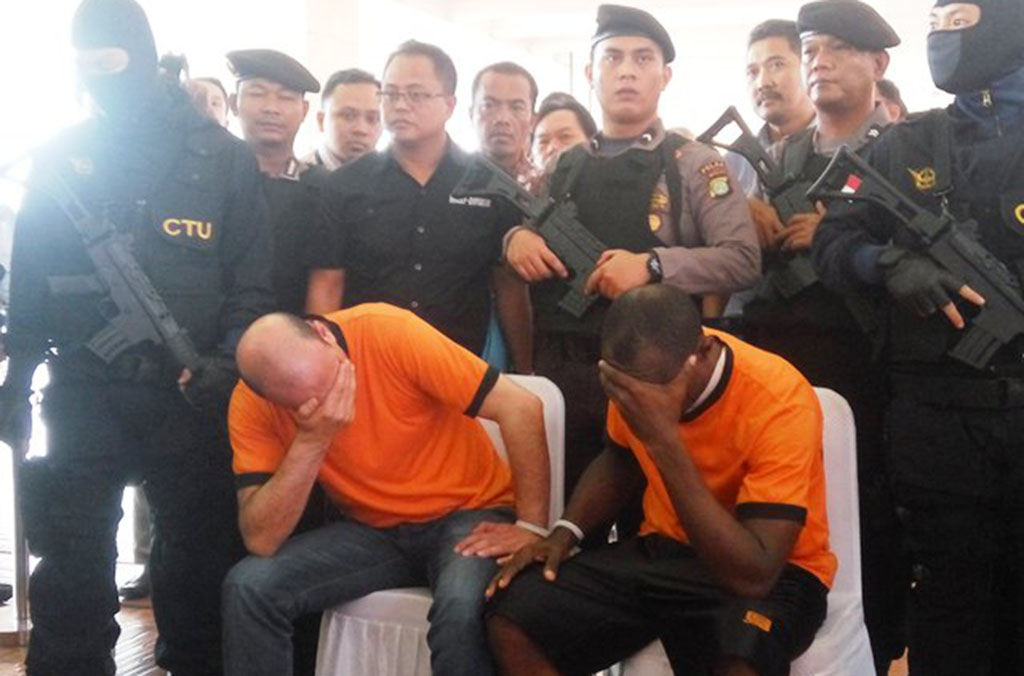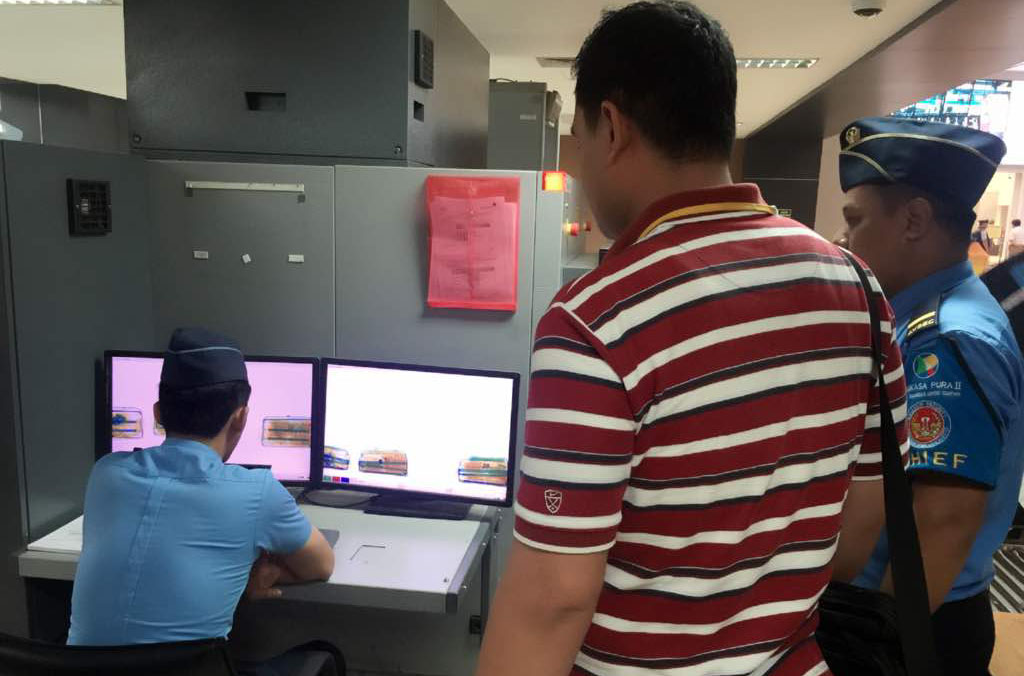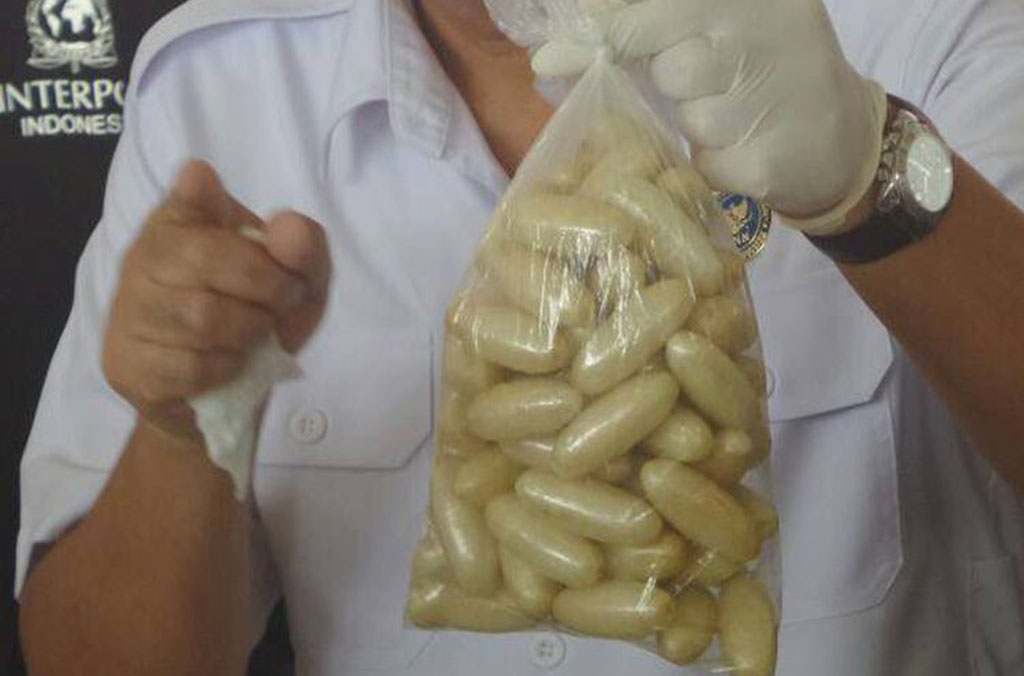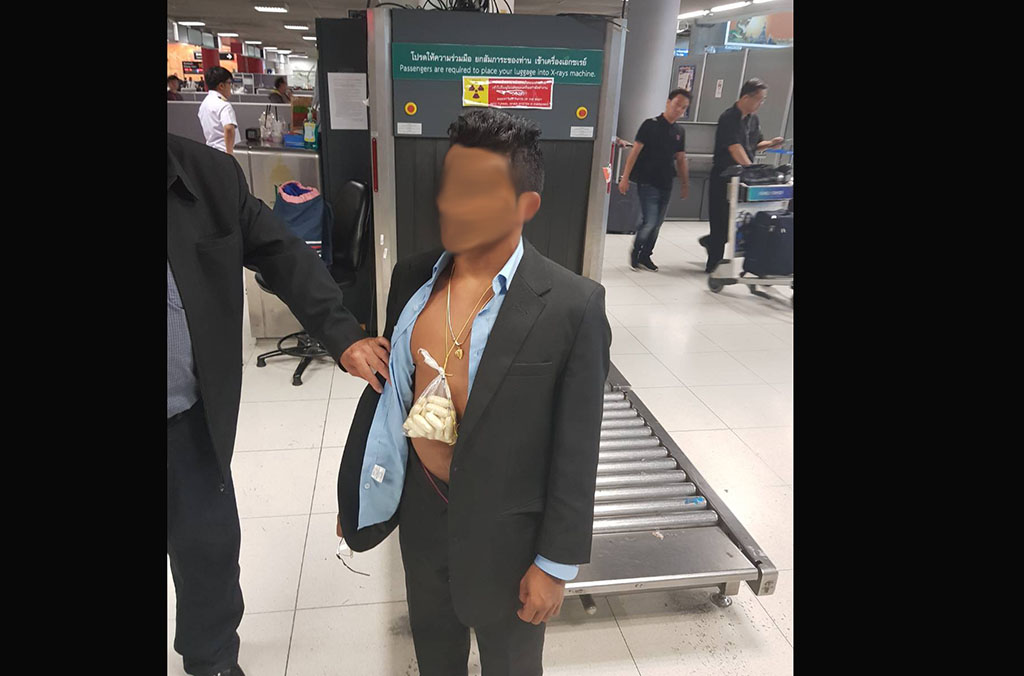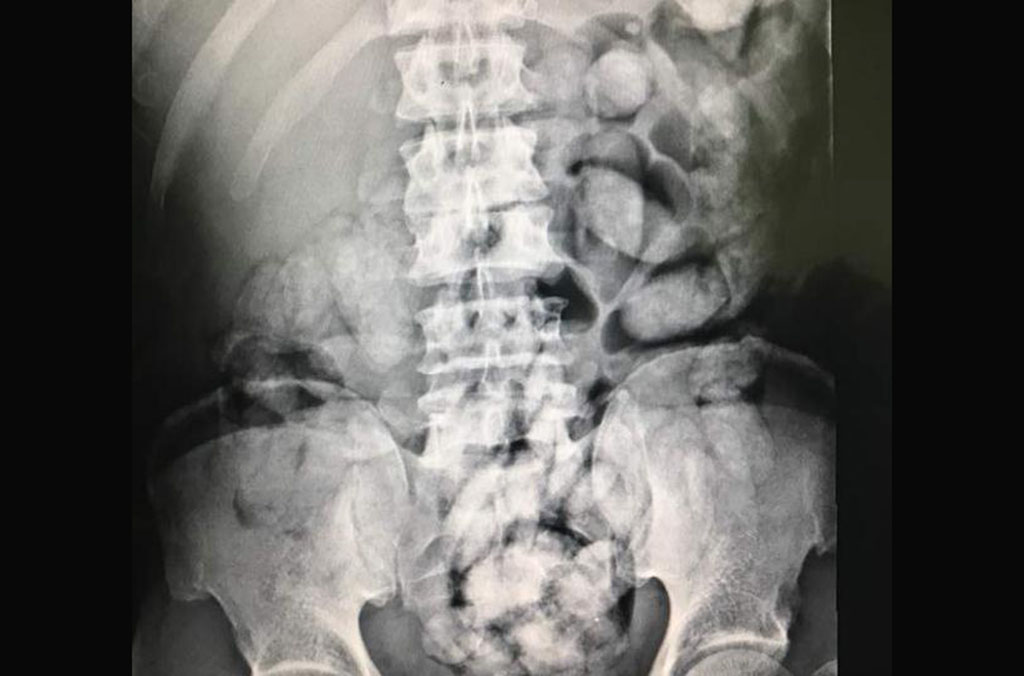SINGAPORE – An INTERPOL-coordinated operation targeting drug trafficking across Asia and the Pacific has identified emerging smuggling routes and concealment methods.
Operation Lionfish – ASEAN, which involved more than 2,000 police and customs officials across 14 countries, revealed a network of West African and Asian organized crime groups behind trafficking in methamphetamine – one of the most smuggled drugs in the region.
Of the 59 seizures reported so far, nearly a quarter were methamphetamine – totalling approximately 121kg, of which 94 kg was crystalline, known as ‘Ice’.
In total some 350 kg, 50 litres and 2,175 tablets of illicit drugs including cocaine, cannabis, heroin and amphetamine-type stimulants (ATS) worth an estimated USD 18 million were seized during the two-week operation.
In one case, following the discovery of nearly 9 kg of methamphetamine hidden inside a consignment of soft toys, a controlled delivery coordinated by law enforcement in the two countries resulted in the arrest of 13 individuals – seven from various African countries, two Mongolian nationals and four Chinese nationals.
During the first week of the operation, authorities in the United Arab Emirates (UAE) identified an increasing trend of liquid cocaine being trafficked. Smugglers would swallow condoms packed with liquid cocaine but unlike other drugs, this type of concealment is harder to detect by traditional x-ray or computed tomography imagery.
At the request of the UAE, an INTERPOL Purple Notice has been issued to all 190 member countries outlining this modus operandi and methods for detection.
Many of the arrests made during Operation Lionfish – ASEAN resulted from specific intelligence-sharing, which helped identify a cocaine trafficking route via Ethiopia to destinations in the Middle East, Asia and Pacific.
“Operation Lionfish – ASEAN marks a new beginning in our approach to combating illicit drug smuggling through airports in the region. It shows the importance of timely information exchange and it is through such a platform that participating countries come together as one strong force, acting in unison,” said Abdul Halim Rahman, Senior Officer-In-Charge of the Central Narcotics Bureau at Changi Airport in Singapore.
An Operational Coordination Unit at the INTERPOL Global Complex for Innovation in Singapore, was the hub for Lionfish – ASEAN activities, bringing together representatives from the involved countries and the World Customs Organization. Strong support was also provided by INTERPOL National Central Bureaus in the Americas and Africa.
“Operation Lionfish has served as an example of countries cooperating to serve society on both a national and international level. We can do more when we work together,” said Superintendent Efren L Fernandez II, Director of Operations at the Philippine Center on Transnational Crime.
With drug trafficking often facilitated by ‘internal’ contacts in the aviation and maritime areas, a baggage handler in Nigeria was arrested for attempting to import illicit substances.
“It was a great honour for Malaysia to participate in this operation, where full cooperation and the sharing of vital information with other countries showed significant benefits in combating drug trafficking,” said M Navamany M Rethnam, Assistant Superintendent with the Royal Malaysia Police.
Other illicit goods were also seized during the operation including in Vietnam where authorities stopped an Angolan national who had hidden ivory inside frozen salmon.
This first two-week (1 – 14 May) leg of the operation focused specifically on airports with a second phase to target land and sea borders.
Operation Lionfish – ASEAN was conducted under the umbrella of INTERPOL’s Project AMEAP (Africa-Middle East-Asia Pacific), supported by funding from the UAE via the INTERPOL Foundation for a Safer World.
A five-year project, AMEAP provides a coordination platform for a range of anti-drug trafficking initiatives either led by, or involving, INTERPOL including;
- Interflow - aimed at helping police forces detect, identify and arrest drug traffickers across Africa;
- CRIMJUST - managed jointly with the UNODC and Transparency International and funded by the European Union to strengthen criminal investigations and cooperation along cocaine routes in Latin America, the Caribbean and West Africa;
- Airport Communication Project (AIRCOP) - funded under the European Union Cocaine Route Programme aimed at fighting illicit trafficking and transnational organized crime.
Operation Lionfish – ASEAN was supported by law enforcement from the 10 ASEAN countries Brunei, Cambodia, Indonesia, Laos, Malaysia, Myanmar, Philippines, Singapore, Thailand and Vietnam as well as Australia, Brazil, China, Hong Kong (China), Qatar, Togo and the United Arab Emirates.




